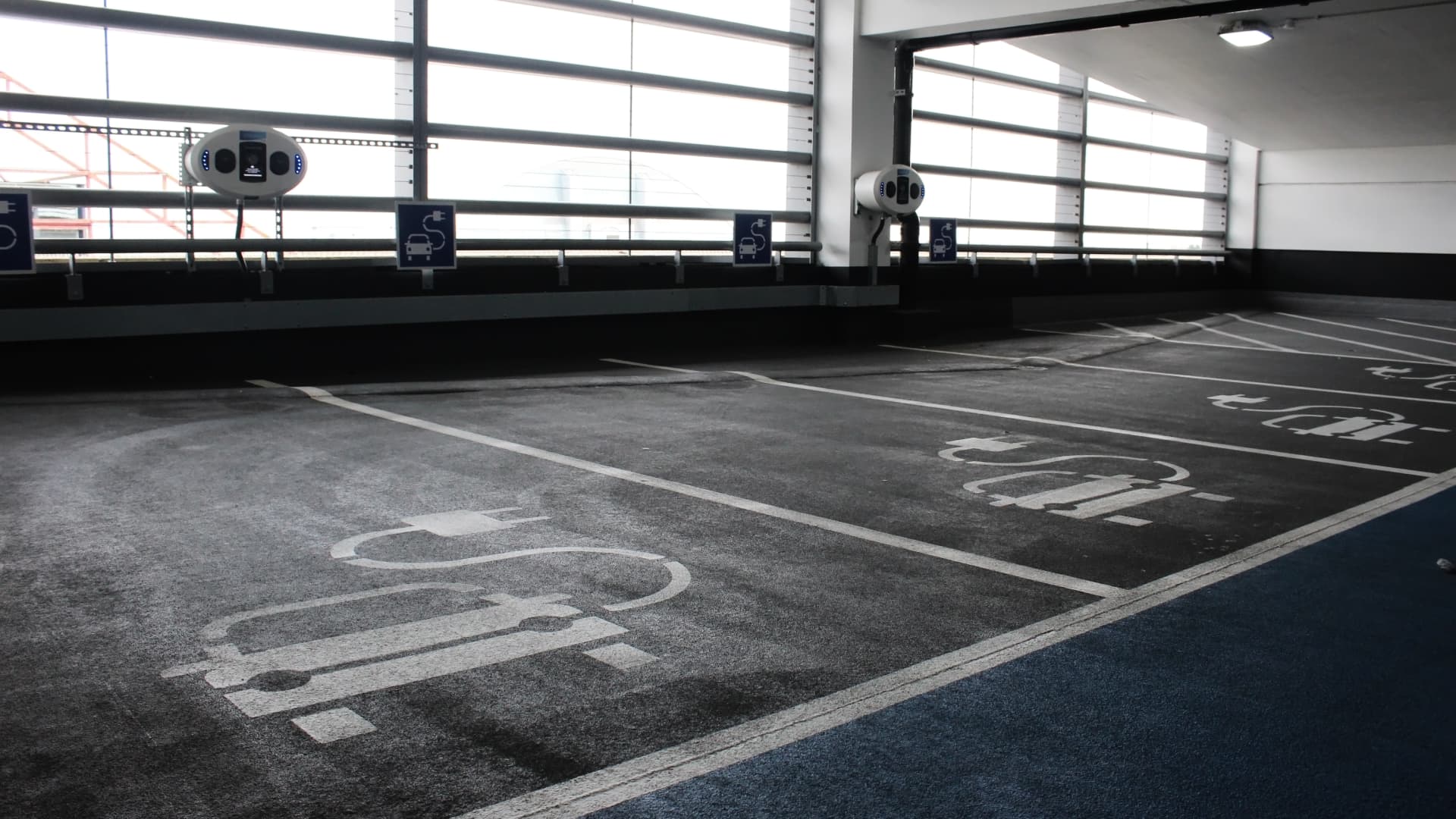Tesla versus BYD: Analysts prefer one of them — giving it up to over 70% upside

U.S. electric vehicle giant Tesla has long been an investor darling, but its Chinese rival BYD is increasingly coming into its own. Last week, data from both companies showed BYD dethroned Tesla in the fourth quarter as the top EV maker globally, and also surpassed Tesla’s production for a second straight year in 2023. BYD is now expanding aggressively overseas after dominating its domestic market in China. Like Tesla, it’s going beyond selling cars and manufacturing its own batteries and other components to stay competitive. Should investors stick with long-time favorite Tesla or buy into the up-and-coming BYD? Here’s what the pros say. Tesla: ‘2024 looks tough’ Bernstein in a Jan. 2 report said 2024 “looks tough” for Tesla, particular in terms of profitability. “We believe more investors will begin to increasingly question the company’s growth narrative, particularly since we believe that Tesla will struggle to grow deliveries 20% in 2024 (and 2025),” it said, noting that’s well below Tesla’s target of 50%. Bernstein added that Tesla’s FY2024’s margins and earnings per share is set to be “materially” below consensus amid ongoing cost cuts. The investment manager also pointed to the impact of price cuts last September and October, predicting a 15.7% potential downside to its gross margins, lower than the consensus of 17.8%. “For FY 24, we believe Tesla will likely see lower margins AND disappoint on volumes … We do not believe that Tesla can further cut prices enough to drive sufficient demand elasticity without potentially becoming [free cash flow] negative,” Bernstein analysts wrote. It gave Tesla an underperform rating and a price target of $150, implying 36% downside. HSBC in a Jan. 3 note also gave Tesla a “reduce” rating, which means the price target is more than 20% below the current share price. Its price target of $146 implies 37.8% potential downside. It noted that EV demand appears to be plateauing. While Tesla will remain price-competitive, the slower EV adoption will give other EV makers more time to “ready themselves” and present Tesla with tougher competition, said HSBC analysts. “As good Tesla may be in terms of an EV carmaker (although no longer #1 for volumes), we don’t think this is what is driving the valuation. Our concern relates to the uncertainty of timing and commercialisation for Tesla’s varied ideas (Dojo, FSD, Optimus, etc) from which it derives a significant share of its valuation,” they wrote. Dojo is Tesla’s supercomputer, FSD refers to full self-driving capabilities, and Optimus is its humanoid robot in development. “We think the timeline is likely to be longer than the current valuation reflects,” HSBC added. BYD: ‘In pole position in a tough market’ Bernstein in a Jan. 8 report said BYD stands out for having the best cost structure in the industry. “We think players with an advantageous cost structure and product innovation ability to meet consumer preference will be better off, thriving in the competition,” it said. Bernstein also highlighted BYD’s ability to “quickly revamp” products and respond to the market, and its “viable” export strategy. It said BYD’s stock is currently trading at 13.5 times its 2024 price-to-earnings ratio and 10.8 times for 2025 — “too low,” according to Bernstein, given BYD’s earnings expansion potential. Bernstein gave BYD an outperform rating and a price target of 334 Hong Kong dollars ($43), representing 63% potential upside. HSBC says it “remains constructive” on BYD in 2024, pointing to rising exports which generate higher margins — likely to be the “next leg of growth.” The bank forecast 2024 volume and earnings growth of 28% and 30%, respectively. “[BYD is] in pole position in a tough market,” HSBC said. HSBC also gave BYD a buy rating, and a price target of 356 Hong Kong dollars, implying 73.8% upside. According to FactSet, analysts covering BYD gave it a 94% buy rating and 56.2% potential upside to average price target. Analysts covering Tesla gave it a 42% buy rating and a 1.8% potential upside. — CNBC’s Michael Bloom and Evelyn Cheng contributed to this report.









